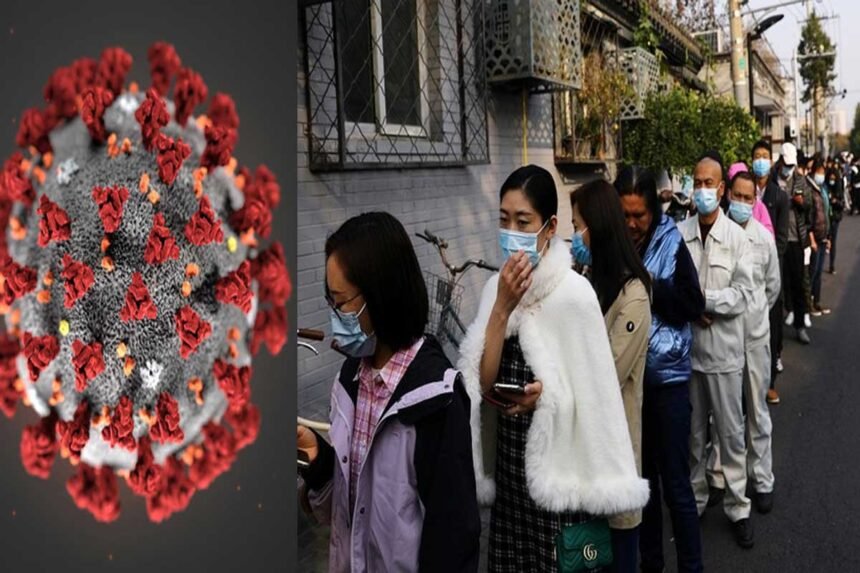The Chinese authorities are taking urgent measures to combat a new wave of the coronavirus, as the country faces the emergence of the XBB variants of the virus that are evolving to overcome the immunity developed after China departs from its “zero-Covid” policy last year, according to The Washington Post.
Leading Chinese epidemiologist Zhong Nanshan announced on Monday that two new vaccinations for the XBB omicron subvariants have received preliminary approval, with three to four more vaccines expected to be approved soon. The aim is to address the ongoing outbreak, which is predicted to peak in June and potentially infect up to 65 million people per week.
China’s previous stringent zero-Covid policy was abandoned last winter, resulting in a significant increase in infections. Although the United States has also experienced an increase in infections due to new variants, the public health emergency was declared over on May 11. However, experts have not ruled out the possibility of new variants causing future waves of illness.
Chinese officials claim that the current wave will be less severe, but public health experts emphasize the need for a robust vaccination booster program and the availability of antivirals in hospitals to prevent another surge in mortality, particularly among the elderly population.
While the number of infections is expected to be lower during this wave, health experts warn that it could still have a substantial impact on the community. Covid has already surpassed the flu as the most prevalent infectious disease in China, according to the Beijing Centre for Disease Control and Prevention.
Although health experts have reassured the public that reinfections tend to have milder symptoms and hospitals will not be overwhelmed as they were in the previous winter, some medical facilities have advised older or immunocompromised individuals to wear masks and avoid crowded areas.
Surprisingly, China has not reinstated restrictions similar to those during the zero-Covid era, and most citizens are continuing with their daily lives as usual. However, online complaints have surfaced regarding a university in Nanjing that reportedly forced students testing positive to quarantine in dorms. Some students have chosen to self-quarantine at school to avoid infecting their family members at home.
The situation in China highlights the ongoing challenges posed by the evolving nature of the virus and the need for proactive measures such as vaccination campaigns and the availability of medical resources. As the country faces this new wave of infections, it remains to be seen how effectively the authorities can control the spread and protect the population.
